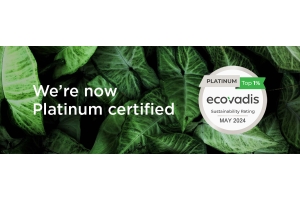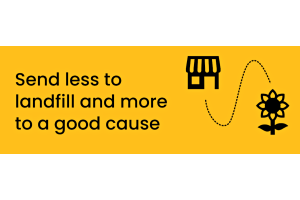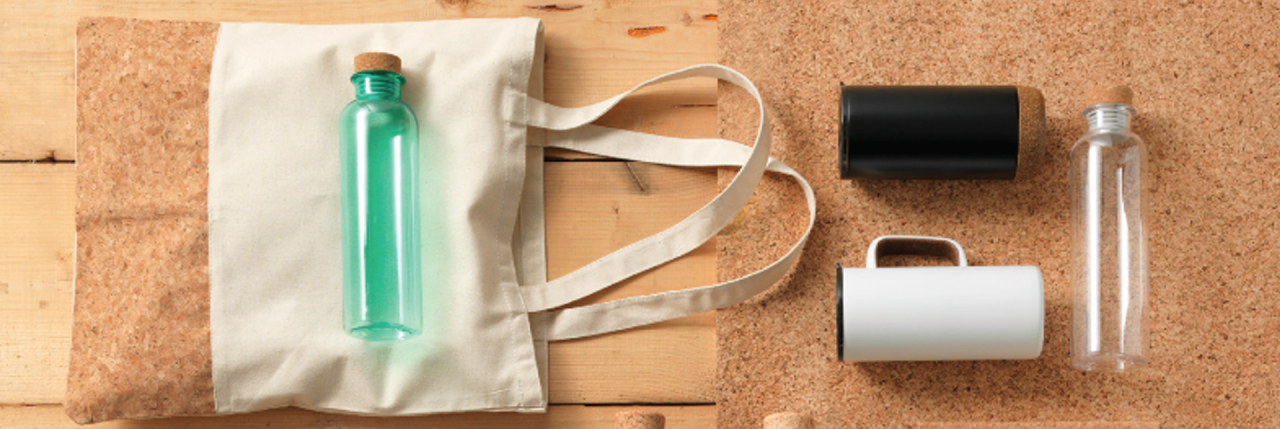
1. Ensure your merchandise has certification and traceability
In the early days of sustainable branded merchandise, consumers and suppliers alike would consider the materials a product was made from as the sum of its sustainable credentials. Now we’re better educated, we know it’s important to make sure that the materials were farmed and products were also produced in a sustainable and ethical way. Having certification will give you that peace of mind. What you don’t want is a “2019 Spice Girls T-Shirts” incident, where it turned out their gender equality t-shirts for Comic Relief were being produced in a sweat shop in Bangladesh, where women were working in poor conditions and being paid only 35p per hour.
2. Solve an environmental problem with reusable products
The planet is facing a problem with plastic pollution and single-use plastic items play a very large part in that. In recent years we’ve started to see bans and programs in place to combat single-use plastic water bottles, plastic straws, cheap shopping bags etc. Choosing to brand and gift items that help solve this single-use plastic problem, shows a commitment to the environment and that you want to be a part of the solution. Branded cotton tote bags, reusable coffee cups, high quality reusable water bottles and reusable straws, have all become popular choices of branded merchandise. They also work brilliantly as staff incentives, especially when promoting policies like a plastic-free office.
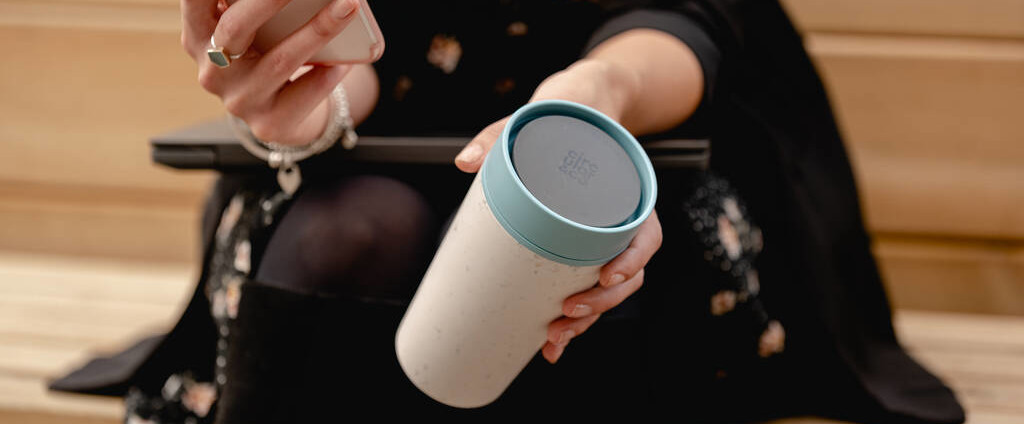

3. Quality and longevity are key to sustainability and brand awareness
Arcadia is a big advocate of quality over quantity for many reasons. Firstly, it reflects better on your perceived brand value. If you’re gifted an engraved metal pen and a common lightweight plastic pen from two different companies, you’re likely to think the company gifting the engraved metal pen offers the better quality service or products of the two. Most importantly for sustainability, better quality products are kept, last longer and are used more, therefore reducing the number of time single-use alternatives are used. Plus, better longer lasting products offer your company longer term brand awareness. Winner!
4. Consider low carbon footprint promotional products
Carbon Footprints are just one way of measuring how sustainable our activities are as individuals and as companies. It’s also become a popular way of measuring the sustainability of a product. It takes into consideration the efficiency of the manufacturing process and the green credentials of the factory in which it was made. This information is often available from merchandise distributor’s when asked and in some cases, it’ll be advertised on their website’s product pages. Knowing the Carbon Footprint also means if you’d like to, you could offset the Carbon impact of your merchandise. Again, some companies may even offer this service when purchasing.
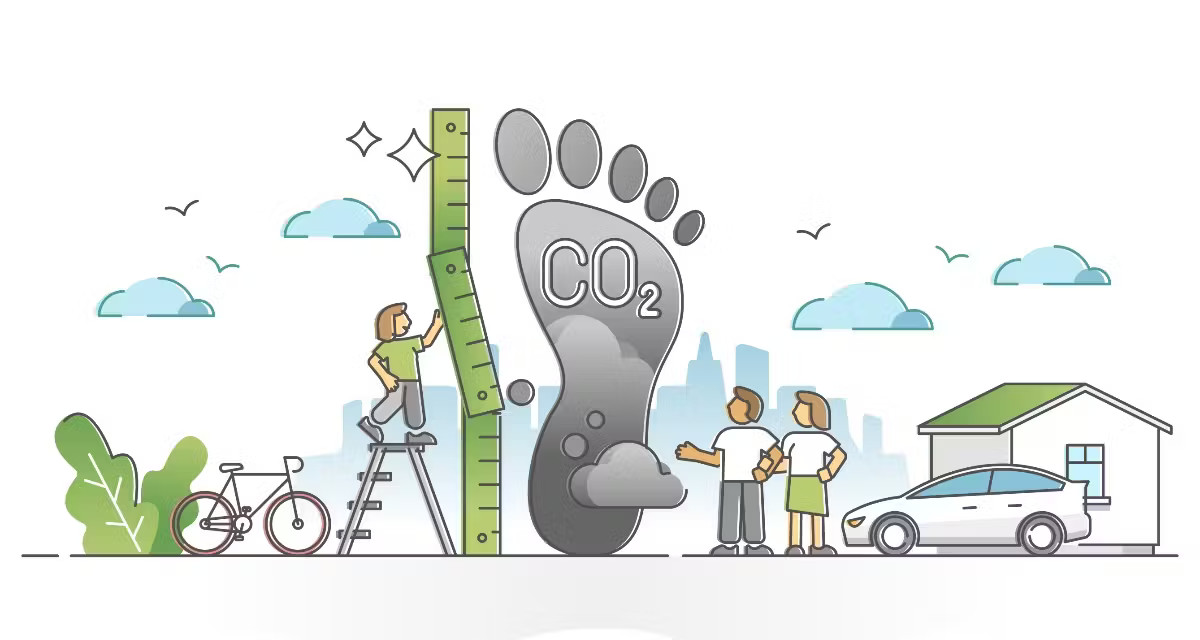

5. Choose a reputable Merchandise Company to work with
It’s good to know you’re working with a trusted merchandise partner who considers sustainability to be at the heart of its practices. Most companies will have information on their website as to their sustainability commitments and/or policies that can be downloaded. Look out for certifications from well-regarded companies such as B-Corps and EcoVadis (an example of Arcadia’s latest EcoVadis report), so that you know that companies are indeed practicing what they preach and are making sure the products they brand and sell undergo environmental scrutiny.
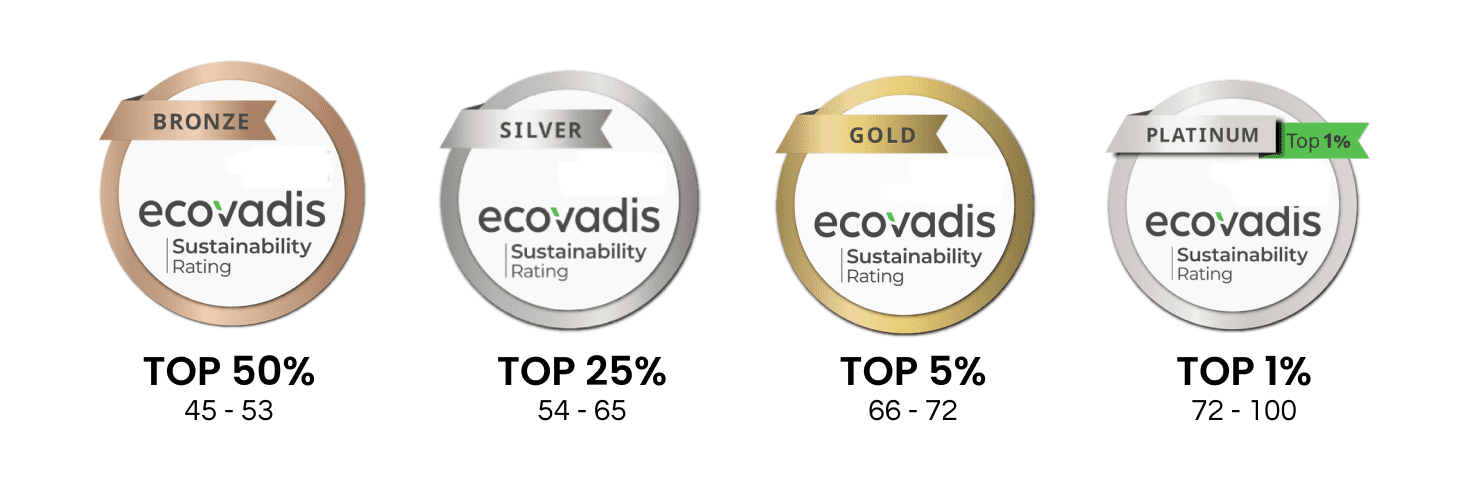

If you’d like help purchasing promotional branded merchandise in keeping with your commitments to sustainable business practices, contact our team. More information on the type of consultancy we can offer and our own sustainable commitments can be found below.
